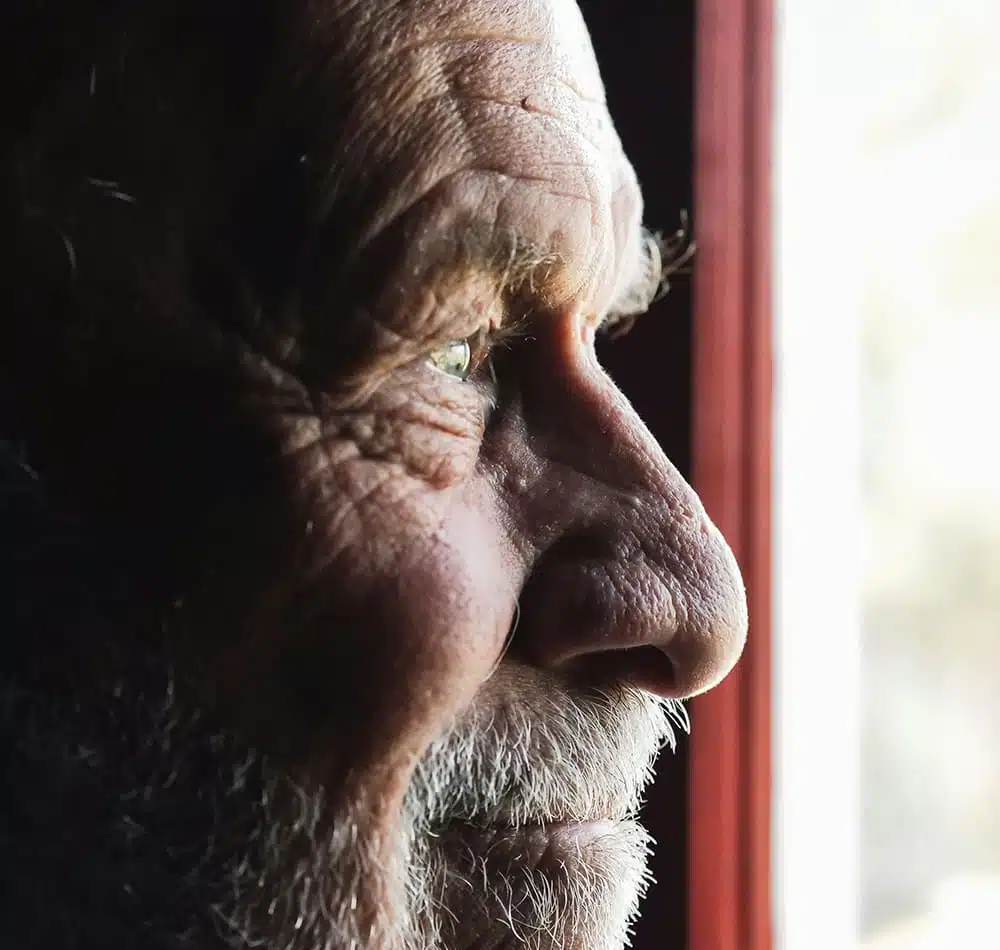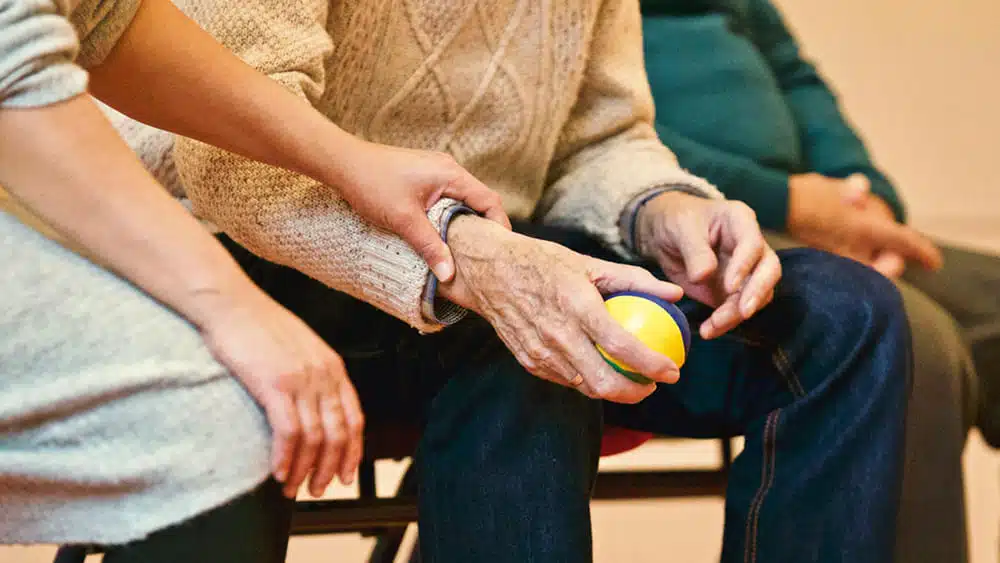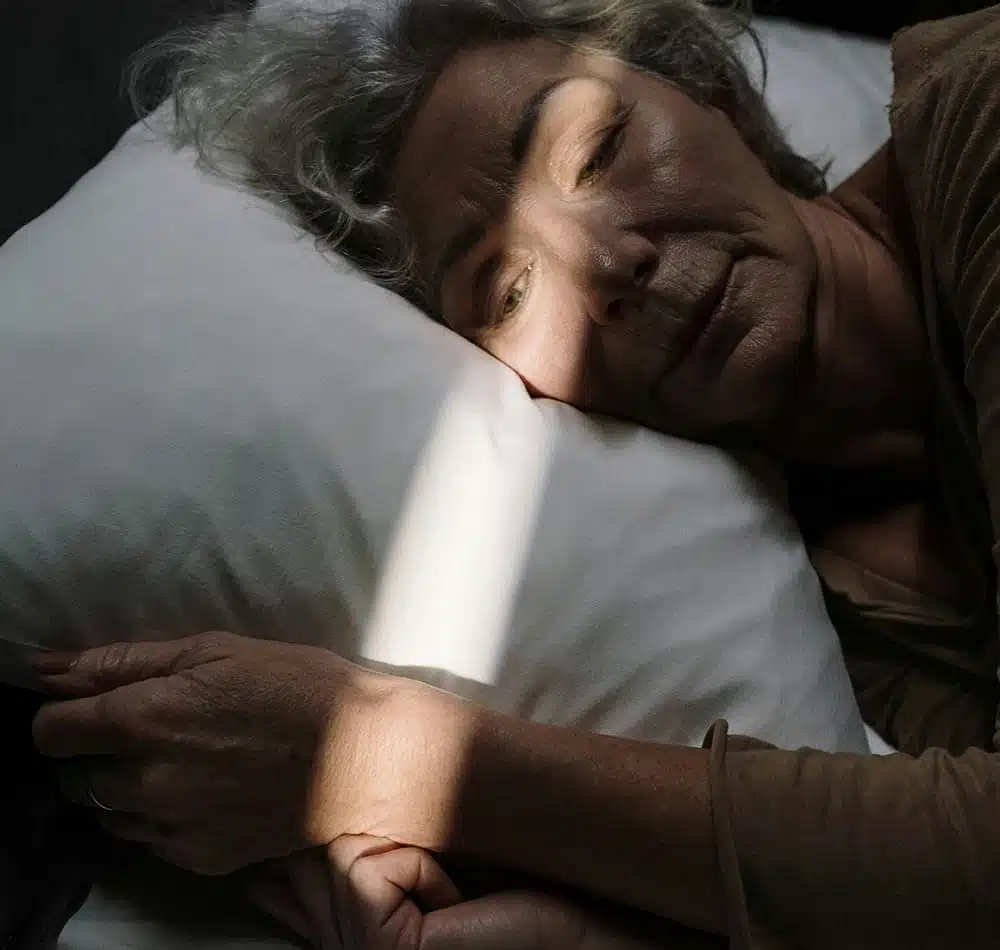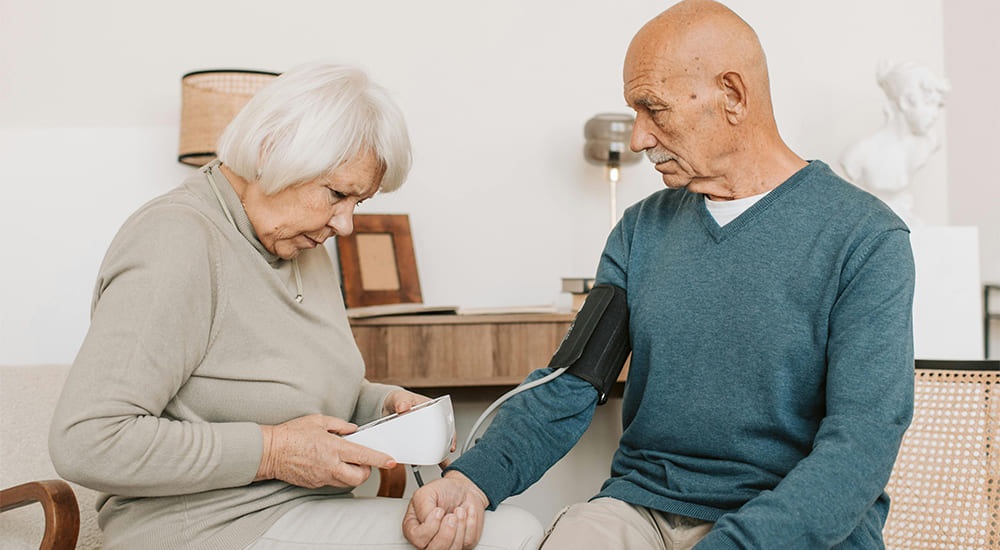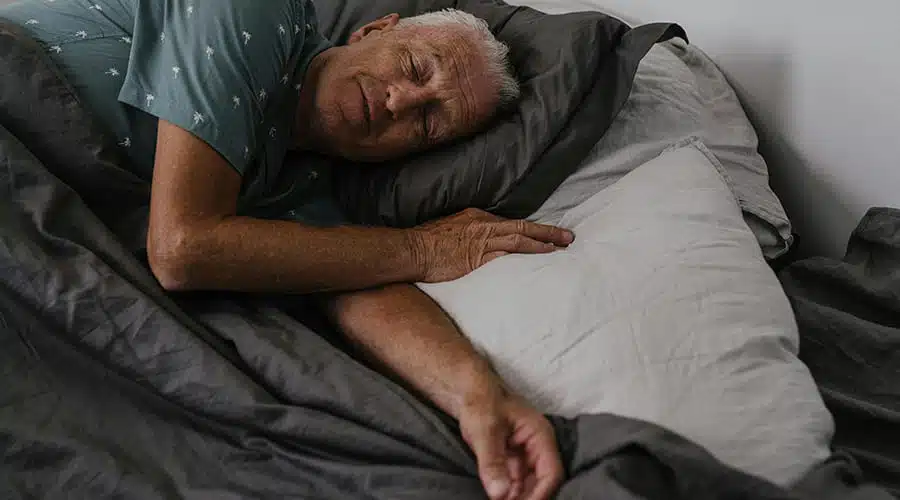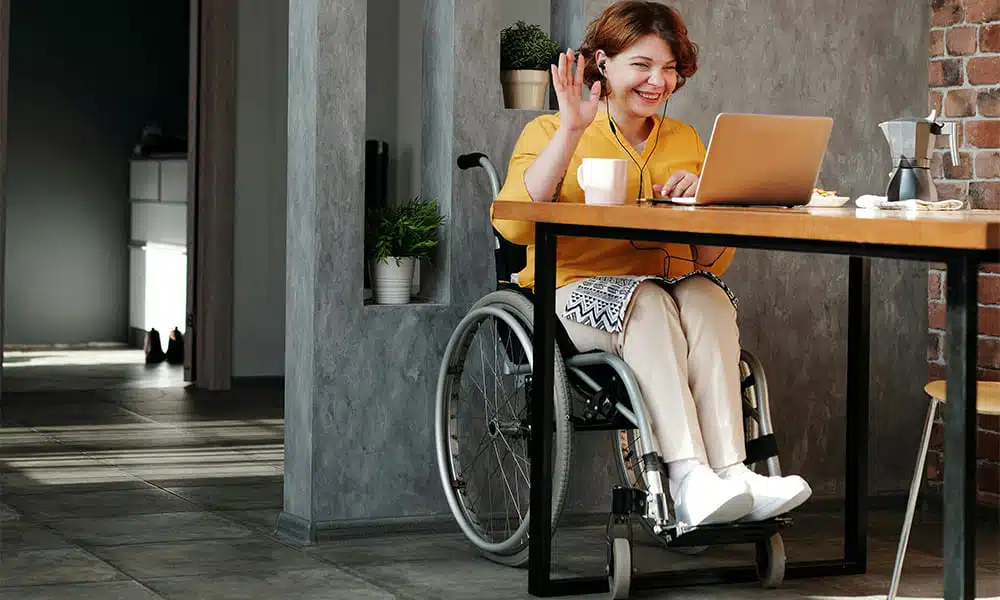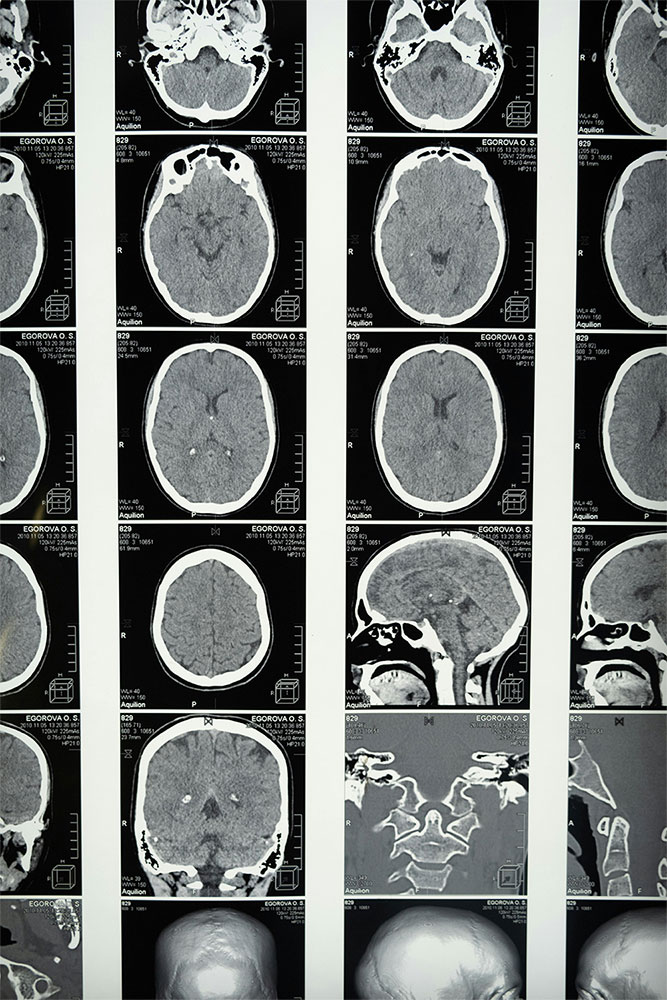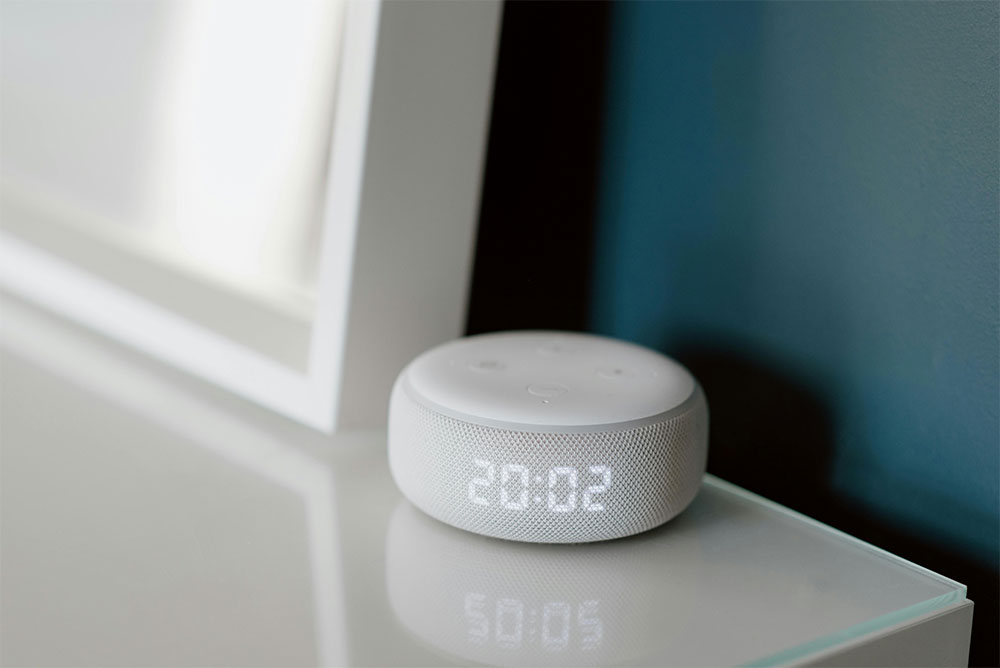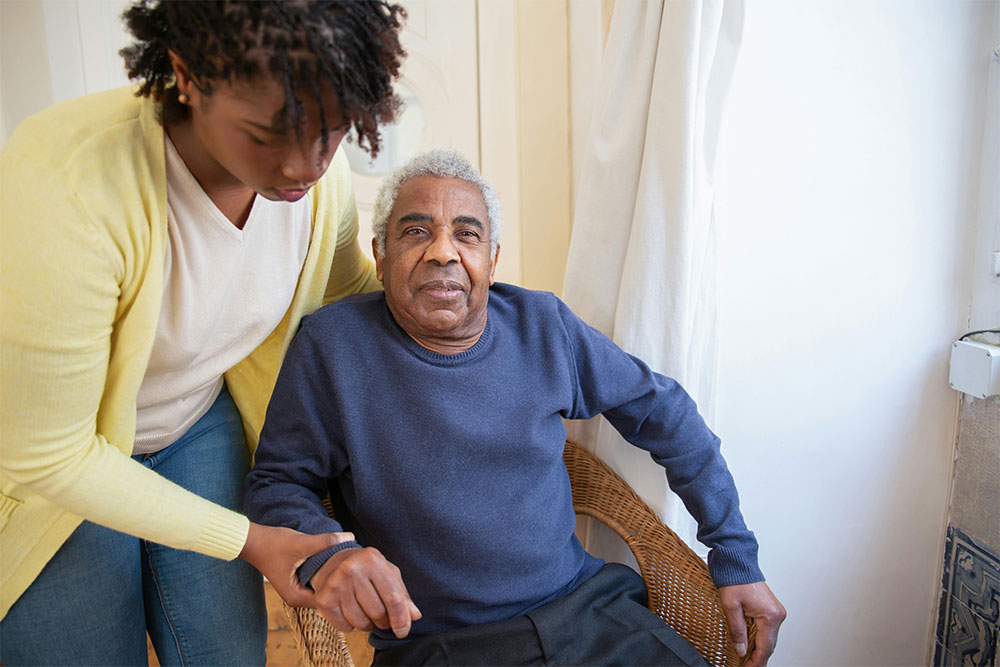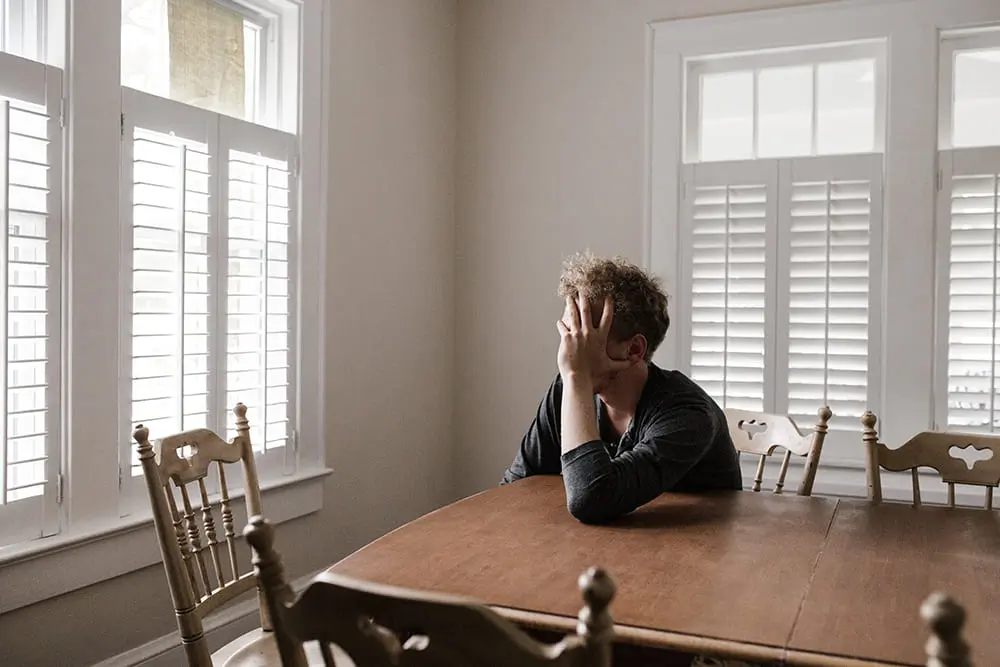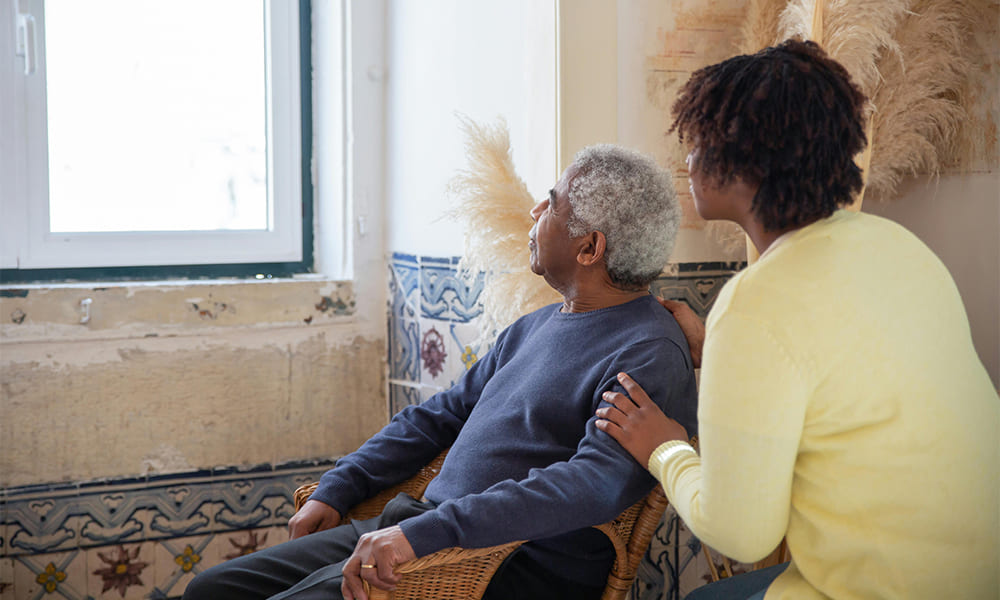
Christopher Ravn
Key Takeaways
1.Dementia progression spans stages - early, middle, and late, each with varying care needs.
2. Caregiver roles are pivotal, demanding tailored support and early planning for financial obligations.
3. Understanding the disease stages guides decisions on home care versus institutional options.
Table of Contents
1. How Long Can A Person With Dementia Live At Home?
2. Can I Care For A Person At Home Through All Stages Of Dementia?
3. How Long Can Alzheimer's Patients Live At Home?
4. How Long Can Dementia Patients Stay At Home In Memory Care?
5. Planning Home Care For Dementia Patients
6. Setting Up A Safe Home Environment For A Person With Dementia
7. What Are The Costs Of Home Care For A Person With Dementia?
8. When Should A Person With Dementia Stop Living Alone?
9. Dangers Of Living Alone With Dementia
10. Can A Person With Dementia Make Their Own Decisions?
11. Who Is Legally Responsible For A Person With Dementia?
12. Legal Aspects Of Caring For A Dementia Patient At Home
13. At What Stage Of Dementia Is 24-Hour Care Needed?
14. Do Dementia Patients Do Better At Home Or In A Nursing Home?
15. Home Care Vs Nursing Home Care
16. Frequently Asked Questions About How Long Can A Person With Dementia Live At Home
How Long Can A Person With Dementia Live At Home?
Dementia comes in different forms, but all of them share the common factor of being progressive. This means that the symptoms may be mild at first but will get worse over time. Dementia progresses in three stages – early, middle, and late. In the early stage, the person with dementia is largely independent and only needs a bit of assistance with daily living. Symptoms of early-stage dementia include memory problems, difficulty in thinking things through and planning, language and communication, poor orientation, visual-perceptual difficulties (for example, judging distances), and may be depressed, anxious, or sad.
Things get complicated when the middle stage hits. Symptoms become more noticeable, and the person will require more support for daily life. The symptoms outlined above will worsen, with the person becoming confused as to the time of day and where they are. They will find it harder to remember new information, struggle to find the right word when speaking, or even forget what they were saying mid-sentence. It is at this stage where hallucinations and delusions set in.
Late-stage dementia will have a severe impact on most aspects of a person’s life. The person will eventually need full-time care and support with daily living and personal care, such as eating, washing, and dressing. Altered perception and physical problems are often the most noticeable. Many with late-stage dementia will struggle with recent memories and think they are in an earlier period of their life. Late-stage dementia also causes the person to stop recognizing familiar faces, places, and objects. They may lose language skills, having it reduced to a few words and only being able to understand a few words as well. Delusions and hallucinations increase in late-stage dementia.
Timeline Explained
- No noticeable symptoms.
- Brain changes are occurring, but there are no apparent signs of dementia.
- Mild changes in memory, thinking, or behavior.
- Individuals may still function independently but may notice difficulties with memory or concentration.
- Symptoms become more noticeable to family and friends.
- Individuals may have difficulty with daily tasks, such as managing finances or remembering appointments.
- Symptoms become more pronounced and interfere with daily life.
- Individuals may have trouble with tasks like dressing, eating, and remembering familiar faces.
- Individuals require more assistance with daily activities.
- Memory and cognitive decline are significant, and behavioral symptoms may be more challenging to manage.
- Individuals require constant supervision and care.
- Communication becomes increasingly difficult, and personality changes may occur.
- Individuals lose the ability to communicate verbally and may require assistance with all aspects of care.
Can I Care For A Person At Home Through All Stages Of Dementia?
In the United States, there are hundreds of thousands of people taking care of a relative or friend with dementia. Caring for a dementia patient is a job for several people, as it is a full-time responsibility. For a single person or even a small group, it can prove overwhelming sometimes, as the dementia patient often needs around-the-clock care.
In the early stages, the dementia patient experiences changes in thinking, remembering, and reasoning in a way that affects daily life and activities. Eventually, people with these diseases will need more help with simple, everyday tasks. This may include bathing, grooming, and dressing.
Caregivers must remember that communication is hard for those with dementia. The disease can affect language skills, resulting in the patient being unable to find the right words. To add on, it is important to know which sense is most affected by Alzheimer’s disease. This is because the patient will also have trouble remembering things, and are prone to becoming agitated, anxious, and even angry.
As the disease advances, the patient may require more assistance with daily activities such as personal care and meal preparation. Managing changes in behavior, such as agitation or wandering, also becomes important, requiring caregivers to be patient and understanding. Regular medical check-ups are essential to monitor the progression of the disease and address any other health issues. Additionally, caregivers should have a support network to provide assistance and respite from the demands of caregiving. These practical aspects, when addressed thoughtfully, can help caregivers provide the best possible care for their loved ones with dementia at home.
How Long Can Alzheimer's Patients Live At Home?
Alzheimer’s disease differs from other types of dementia in its progression and duration of home care. As this disease progresses gradually, the duration of home care may last for several years.
In the early stages, individuals may experience mild memory loss and cognitive impairment, which gradually worsens over time. As the disease progresses, individuals may require more intensive care and assistance with daily activities. In the later stages of the disease, they may require more intensive care.
Timeline Explained
The timelines below present the generally accepted stages of Alzheimer’s progression.
- Preclinical Stage: Changes in the brain begin years before symptoms appear. There are no noticeable symptoms during this stage.
- Mild Cognitive Impairment (MCI): This stage is characterized by mild changes in memory and thinking abilities that are noticeable but may not significantly impact daily life.
- Early Stage: Symptoms become more apparent and may include memory lapses, difficulty finding words, and challenges with planning and organization. Individuals can still function independently but may need more support.
- Middle Stage: Also known as moderate Alzheimer’s, this stage is marked by increased memory loss and confusion. Individuals may have trouble recognizing family members and may require assistance with daily tasks.
- Late Stage: In the severe stage of Alzheimer’s, individuals lose the ability to communicate, require assistance with all daily activities, and may experience changes in physical abilities such as swallowing and mobility.
- End Stage: This stage is characterized by the most severe symptoms, including a loss of awareness of surroundings, inability to communicate, and a high risk of infections and other complications. Individuals in this stage require round-the-clock care.
We Believe Prioritizing Brain Health Enhances Your Quality Of Life
Get to know our team, our mission and how our EVY LIGHT® can provide you and your loved ones with a fuller life, letting you breathe a little easier.
How Long Can Dementia Patients Stay At Home In Memory Care?
Memory care is specialized care designed for individuals with Alzheimer’s disease or other forms of dementia, providing a safe and structured support system and 24-hour care. Memory care usually takes place in a residential memory care facility but can also be found at retirement homes and assisted living facilities.
Memory care facilities are usually closed-off facilities, as patients with Alzheimer’s and dementia are prone to wandering. Doors are alarmed, and elevators require codes to activate, for instance.
In a memory care facility, there are set routines to lower stress among patients. Activities at these facilities, for example, art and music, are designed to improve cognitive function and engage residents at different stages of the disease.
Planning Home Care For Dementia Patients
As much as the patient’s needs and capacities are considered, it is also important to take into consideration the caregiver’s physical and emotional capabilities in caring for another. In many instances, the caregiver is someone close to the patient: a relative, child, or friend, and therefore not a trained professional. Stepping into the role, they may not be adequately capable of dealing with the emotional stress of caring for someone with a debilitating cognitive disease.
The caregiver may experience stress, anxiety, or depression arising from their duty as the caregiver. It is a demanding role, so providing the right support is vital. Perhaps before they accept the role, an assessment of their capacity to handle the demands is warranted, to ensure they are up to the task. Such an assessment is important if the caregiver has other responsibilities such as family or work.
Setting Up A Safe Home Environment For A Person With Dementia
When planning out home modifications to accommodate a resident with dementia, the objective of the renovations or alterations is to make the home safer and increase accessibility. The most important thing is to remove hazards by clearing walkways and removing clutter to reduce the risk of falls. Rugs and carpets should be secured to the floor to prevent tripping.
Second, ensure adequate lighting, as proper lighting can help prevent confusion and improve safety. Use bright, glare-free lights in key areas such as hallways, stairs, and bathrooms. Slightly more extensive work is involved when installing grab bars and handrails in bathrooms and handrails on stairs to provide support and prevent falls. Also, install locks or alarms on doors and windows to prevent wandering.
Contrasting colors for walls, furniture, and floors can help the person distinguish between different surfaces and objects. Label drawers, cabinets, and other items with pictures or words to help the person identify them more easily. Signs or pictures at strategic locations around the house can help the person find their way around the home and remember where things are located.
What Are The Costs Of Home Care For A Person With Dementia?
Costs may vary, and thus, it is crucial to consider the early financial costs associated with caring for a person with dementia. This enables families to prepare financially for home care, including expenses for medical supplies, in-home care services, and necessary home modifications. Exploring options such as long-term insurance, Medicaid, Medicare, and veteran’s benefits can help mitigate these costs. Planning ahead allows families to access available resources and seek assistance to ensure the best care for their loved ones with dementia.
When Should A Person With Dementia Stop Living Alone?
There are several clear signs that indicate a person with dementia should stop living alone. In no particular order, these are when they are struggling with personal hygiene, and the home is starting to get messy and unsanitary; they are losing weight and are unable to properly prepare their own food; have difficulty communicating; have problems with physical movement; get lost in familiar surroundings; have injured themselves, whether through a fall or a household injury; and when they are clearly suffering mentally.

Dangers Of Living Alone With Dementia
A person with dementia living alone is at increased risk of injury, for instance, through falls and mishandling kitchen implements. Wandering is a common symptom of dementia, and if living alone, a patient wandering could lead to serious harm. Dementia patients might also forget to lock doors and windows or turn off electrical appliances, creating an unsafe environment. But there is also the possibility that they will become confused or agitated and have no one around to guide them back or calm them down.
Can A Person With Dementia Make Their Own Decisions?
Making one’s own decisions is fundamental to an individual’s autonomy. People with dementia also desire control over their lives. However, the decision-making capability of dementia patients varies greatly from person to person, depending on the progression of the disease. Caregivers should respect the patient’s choices if they are still capable of deciding properly. For those who have lost the ability to make proper decisions, the caregiver should use their choices as a guide and support them in their decision-making. If communication is difficult, the caregiver can look for non-verbal cues from the patient, as feelings and emotions remain.
Who Is Legally Responsible For A Person With Dementia?
In most cases, a conservator of a person with dementia assumes both responsibilities. Typically, a family member takes on this role, but agencies can also be hired. Legal obligations include duty of care, financial management, healthcare decisions, legal and financial planning, and ensuring safety and well-being.
Legal Aspects Of Caring For A Dementia Patient At Home
When considering legal matters for a dementia patient at home, ensuring power of attorney or figuring out how to get guardianship of a parent with dementia is needed in order to empower the caregiver. This enables them to make decisions for the patient and manage their affairs and well-being. It’s crucial to understand that this safeguards the rights of both the patient and caregiver.

Enhance your brain performance through the power of light.
Comfortable and easy to use 40Hz light therapy to support and improve your brain function.
View Our LightAt What Stage Of Dementia Is 24-Hour Care Needed?
When a person reaches the later stages of dementia, they will experience advanced cognitive decline, requiring them to depend on daily activities such as eating, bathing, and dressing. This is evident in the advanced stages, where the patient becomes extremely disoriented, forgetful, and incapable of performing tasks independently. At this point, 24-hour care becomes necessary to ensure the patient receives proper attention and support.
Do Dementia Patients Do Better At Home Or In A Nursing Home?
It is important to determine if a dementia patient is better at home or in a nursing home. Taking care of them at home ensures a feeling of safety and familiarity. However, enough caregivers must be available to rotate the patient’s care. Nursing homes offer constant care and access to necessary medication, but lack of medical equipment and safety features may be a concern at home. Nursing homes can feel restrictive and unfamiliar. Family members need to discuss and decide based on factors such as cost, support, and personalized needs.
Home Care Vs Nursing Home Care
When comparing home care to nursing care, there are striking differences in quality, environment, and overall satisfaction. Home care offers personalized support within one’s own home, fostering a sense of autonomy. In contrast, nursing homes provide 24-hour assistance but lack personalization, making them feel more institutional. Ultimately, the choice depends on the patient’s preference and whether they prioritize family involvement or round-the-clock assistance.
Learn What Others Have Experienced with EVY Light
See how others have achieved a sharper mind by activating their gamma brainwaves in combination with maintaining a healthy lifestyle.
Frequently Asked Questions About How Long Can A Person With Dementia Live At Home
How Long Can A Person With Dementia Live At Home?
What Are The Costs Of Home Care For A Person With Dementia?
Costs may vary, and thus, it is crucial to consider the early financial costs associated with caring for a person with dementia. This enables families to prepare financially for home care, including expenses for medical supplies, in-home care services, and necessary home modifications. Exploring options such as long-term insurance, Medicaid, Medicare, and veteran’s benefits can help mitigate these costs. Planning ahead allows families to access available resources and seek assistance to ensure the best care for their loved ones with dementia.









